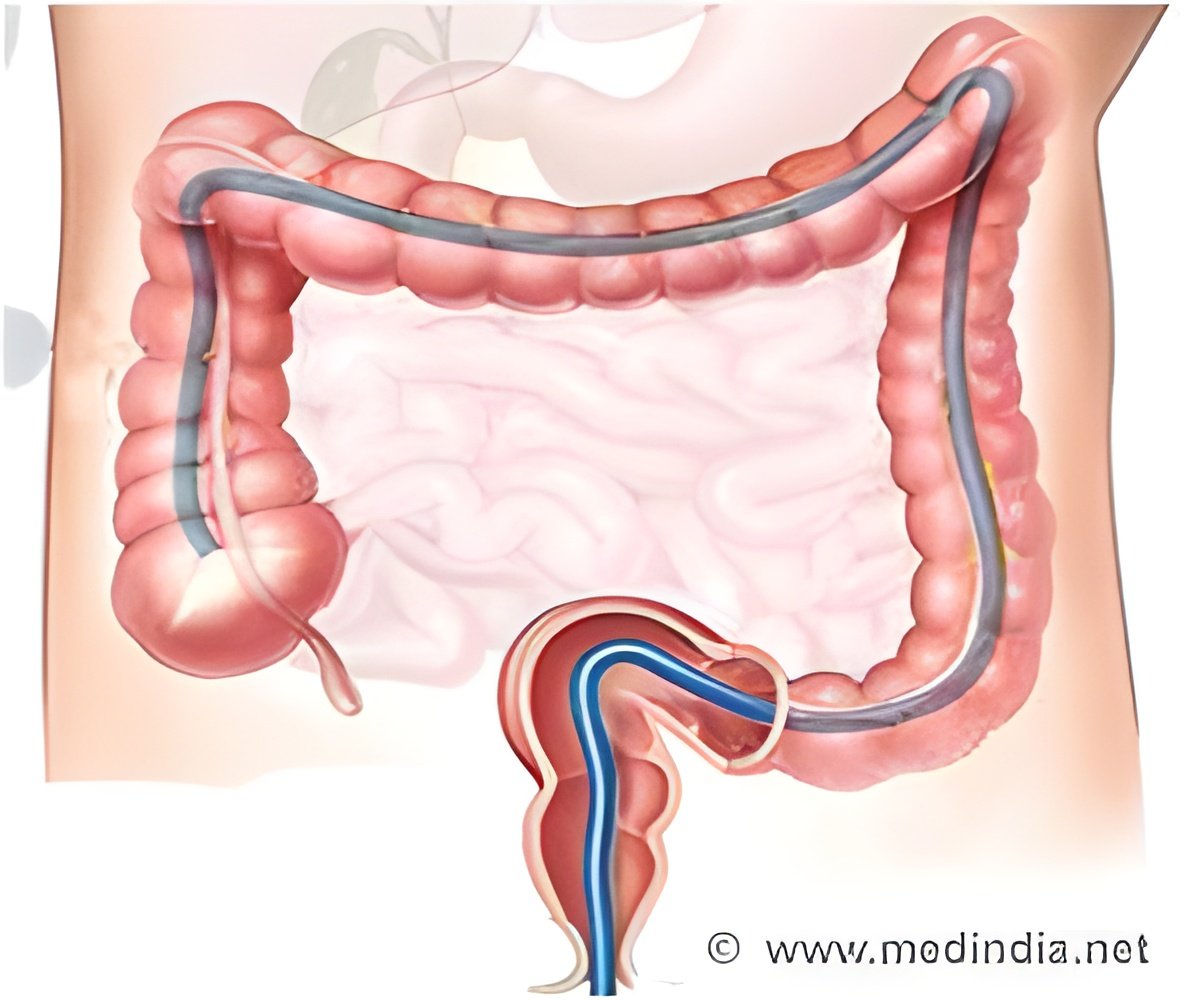A large study conducted by researchers in the United States revealed that more than 40 percent of colorectal cancers can be prevented if people undergo colonoscopy every 10 years.

The results confirm the current recommendations for colonoscopies, offering evidence it is particularly useful in preventing cancers that originate in the proximal, or upper, part of the colon.
"Our study provides strong evidence that colonoscopy is an effective technique for preventing cancers of both distal and proximal regions of the colorectum," said Shuji Ogino, a lead author from the Havard School of Public Health.
The screening is crucial in preventing proximal cancers, he explained, because another test, called sigmoidoscopy, uses a scope to examine only the lower part of the colon and "alone is insufficient for preventing proximal cancer."
Unlike sigmoidoscopy, a colonoscopy examines the entire colon, using a camera-equipped device that also has tools to remove cysts and benign tumors.
The authors analyzed data from nearly 89,000 participants in two long-term studies, basing their conclusions on surveys completed every two years between 1988 and 2008.
Advertisement
They found that both screenings reduced the risk of developing, or dying from, colorectal cancers.
Advertisement
They estimated that, if all the participants had undergone a colonoscopy, the overall risk of colorectal cancers would have been reduced by 40 percent -- preventing 61 percent of lower colon cancers and just 22 percent of upper colon cancers.
The researchers speculated there may be molecular or biological differences between upper and lower colon cancers behind the lower success rate.
Source-AFP














